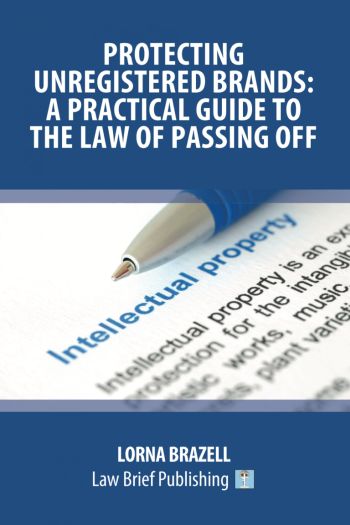
Misrepresentation to customers as to the trade source of goods or services, whether through express statements or the unauthorised use of another business’ branding, is an unfortunately common form of unfair competition between traders. Where a brand has been protected through registration as a trade mark, enforcement is relatively straightforward. But if no registered trade marks can be brought to bear, then the common law tort of passing off is the primary tool available to combat this type of behaviour.
The tort has been developed through a succession of cases over more than two centuries so that applying and interpreting the established principles for each new set of circumstances requires very careful analysis of a wealth of decisions. This guide highlights the key principles and the ways in which they have been used to defend businesses’ goodwill across the complete range of industrial and commercial sectors, and sets out the critical issues that a business needs to consider when faced with another trader attempting to suggest some association with its brands.